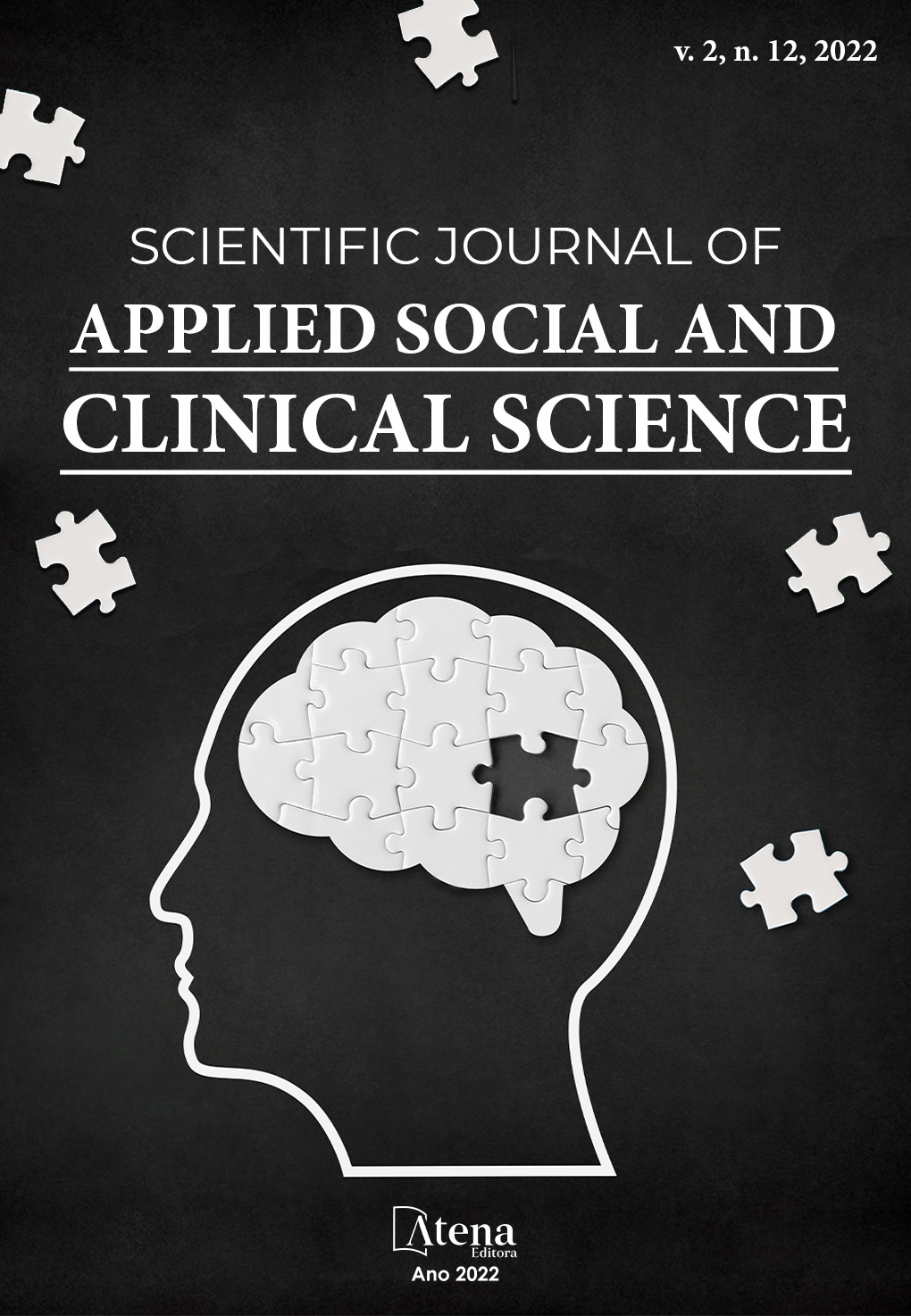
Knowledge Transfer Mechanisms: The Case of the Mozambique Agrarian Research Institute from 2013 to 2015
This paper entitled: "Knowledge Transfer Mechanisms: The Case of the Agraria Research Institute of Mozambique from 2013 to 2015". The aim of the research was to study how the employees of the Institute of Agrarian Research of Mozambique (IIAM) carry out the transfer of knowledge between the institution to which they are assused and the entities interested in acquiring knowledge or technologies, within the framework of the Trilateral Project to Support Food and Nutrition Security Programs (PSAL), especially, turned to generation, testing and transfer of agrarian technologies applied in the professionalization of horticulture, as a pilot project resident in the southern region of the country. It is a qualitative research, having been carried out on the database, through an interview survey. Having been applied to three distinct groups: i) technicians and researchers of iiam; (ii) extensionists and; (iii) farmers or growers of vegetables assisted by IIAM. Twenty-two interviews were conducted with iiam technicians and researchers; 7 extension ists and 5 farmers. The research showed that IIAM uses tacit and explicit knowledge in the mechanisms of knowledge transfer, both with greater prominence, between Embrapa and IIAM. Farmers are aware of the role of Research and extension in the transformation of their production systems, still quite eager for technologies to increase production and productivity.
Knowledge Transfer Mechanisms: The Case of the Mozambique Agrarian Research Institute from 2013 to 2015
-
DOI: 10.22533/at.ed.2162122211071
-
Palavras-chave: knowledge transfer; transfer mechanisms; knowledge; technology.
-
Keywords: knowledge transfer; transfer mechanisms; knowledge; technology.
-
Abstract:
This paper entitled: "Knowledge Transfer Mechanisms: The Case of the Agraria Research Institute of Mozambique from 2013 to 2015". The aim of the research was to study how the employees of the Institute of Agrarian Research of Mozambique (IIAM) carry out the transfer of knowledge between the institution to which they are assused and the entities interested in acquiring knowledge or technologies, within the framework of the Trilateral Project to Support Food and Nutrition Security Programs (PSAL), especially, turned to generation, testing and transfer of agrarian technologies applied in the professionalization of horticulture, as a pilot project resident in the southern region of the country. It is a qualitative research, having been carried out on the database, through an interview survey. Having been applied to three distinct groups: i) technicians and researchers of iiam; (ii) extensionists and; (iii) farmers or growers of vegetables assisted by IIAM. Twenty-two interviews were conducted with iiam technicians and researchers; 7 extension ists and 5 farmers. The research showed that IIAM uses tacit and explicit knowledge in the mechanisms of knowledge transfer, both with greater prominence, between Embrapa and IIAM. Farmers are aware of the role of Research and extension in the transformation of their production systems, still quite eager for technologies to increase production and productivity.
-
Número de páginas: 20
- Domingos Simbe


